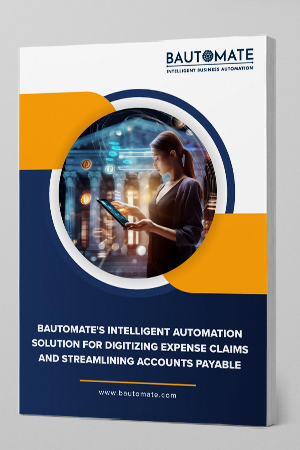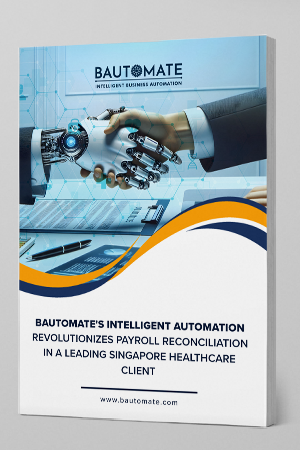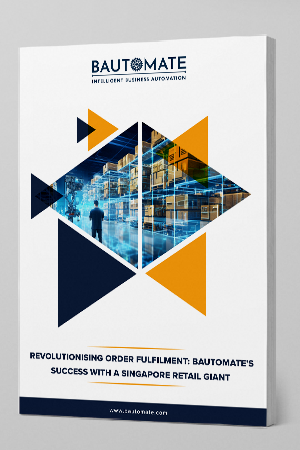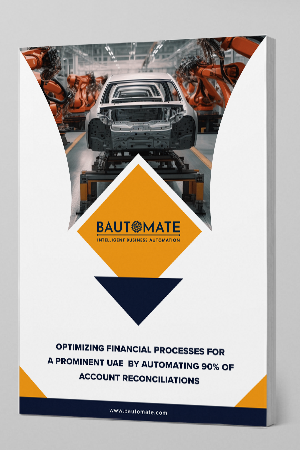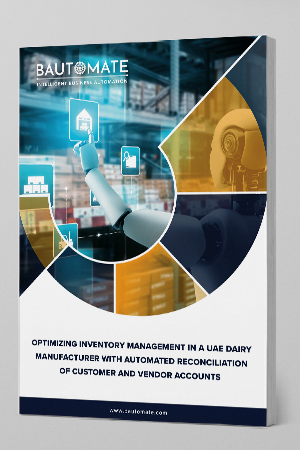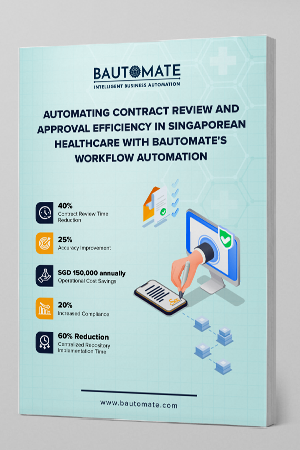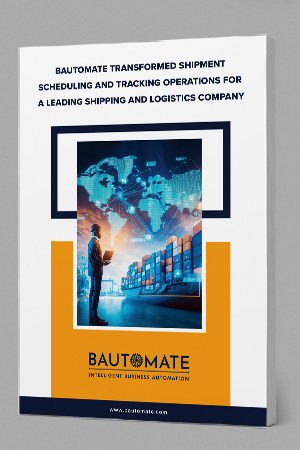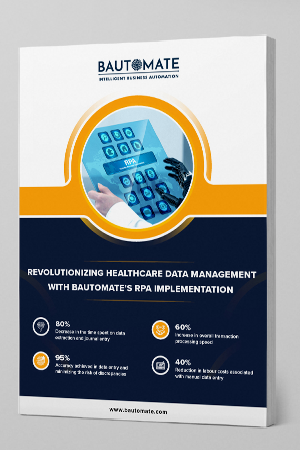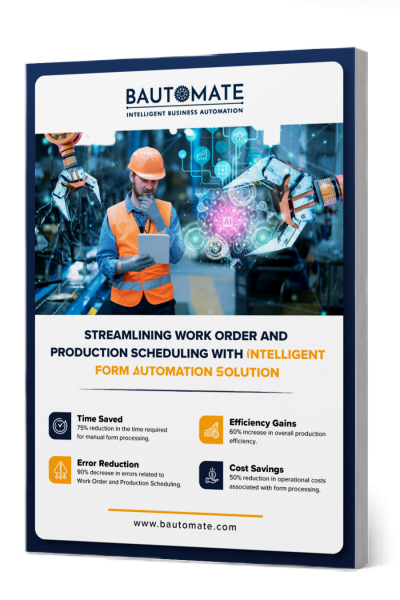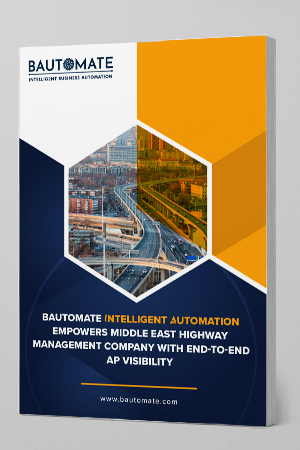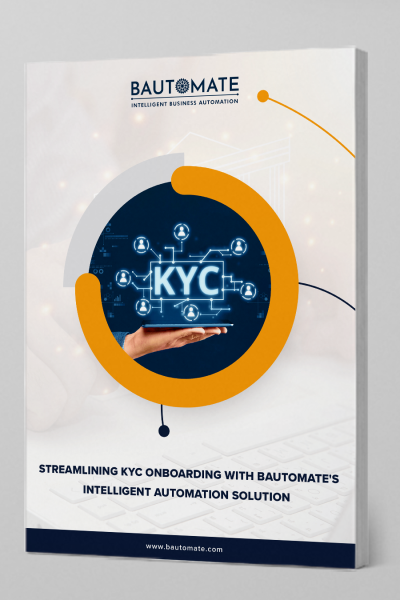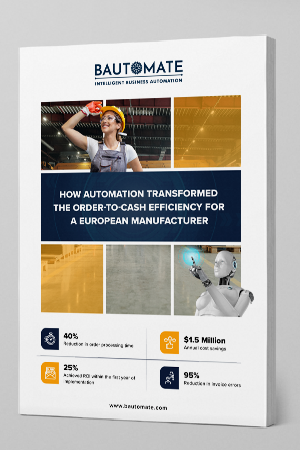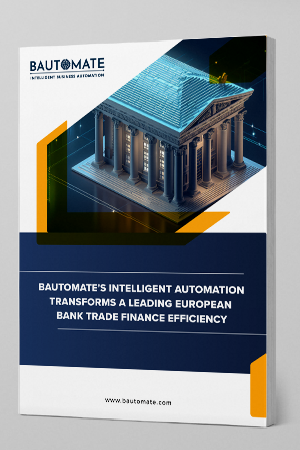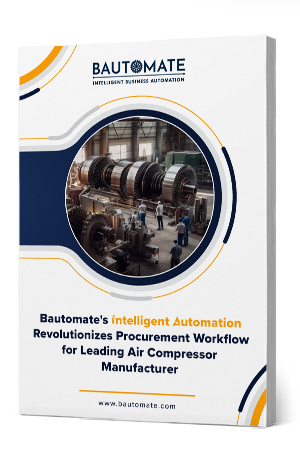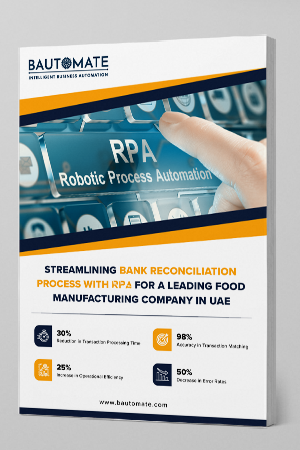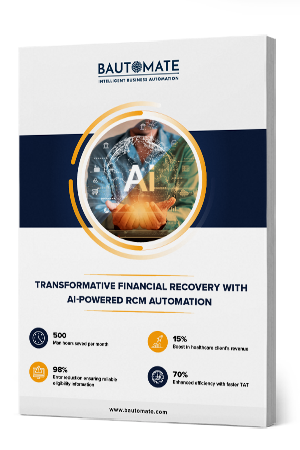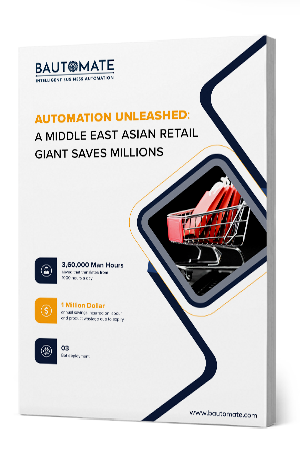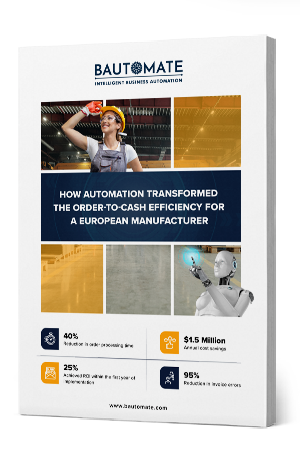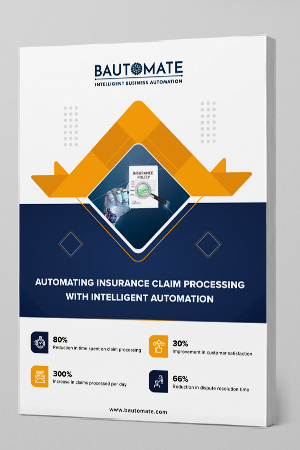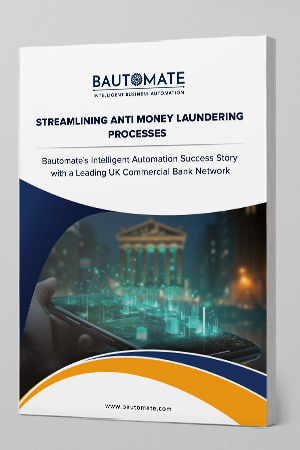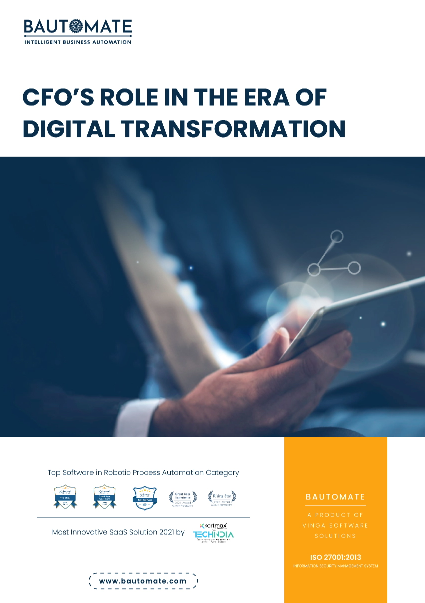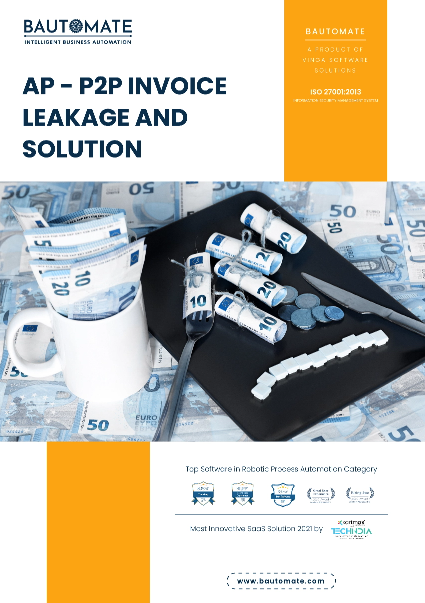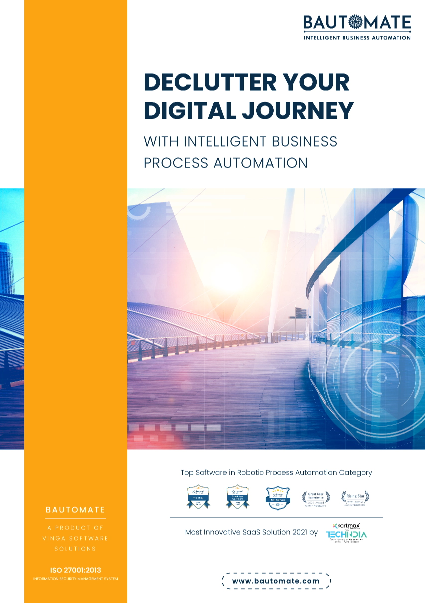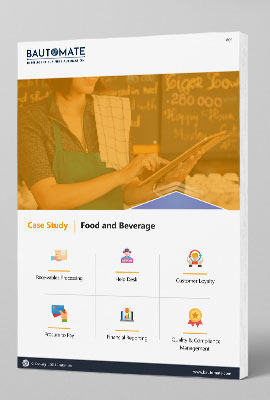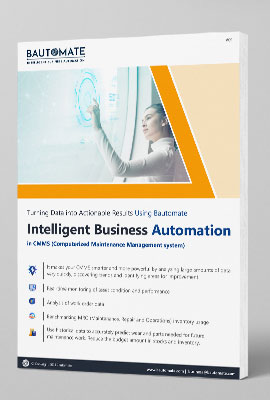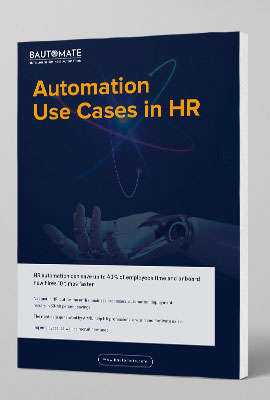
Trade finance refers to the financial services that facilitate global trade, its operations involve providing credit, payment guarantees, and other support for trade transactions, and risk management in global commerce. The operations often involve complex and time-consuming processes, including documentation, compliance checks, and payment processing. Robotic Process Automation (RPA) is an ideal tool to automate these routine tasks and reduce human error. We will explore how RPA technology can be leveraged to automate trade finance operations, improve efficiency, and enhance compliance.
How Does Trade Finance Work?
Trade finance operations involve a spectrum of financial activities facilitating international trade, ensuring that goods and services flow smoothly across borders. The banking intermediaries, who take on the duty of facilitating the transaction between the importer and exporter, must take great care to ensure that every document is in order before releasing the funds for trade. For a transaction to be completed, this tiresome manual task takes days and involves several challenges.
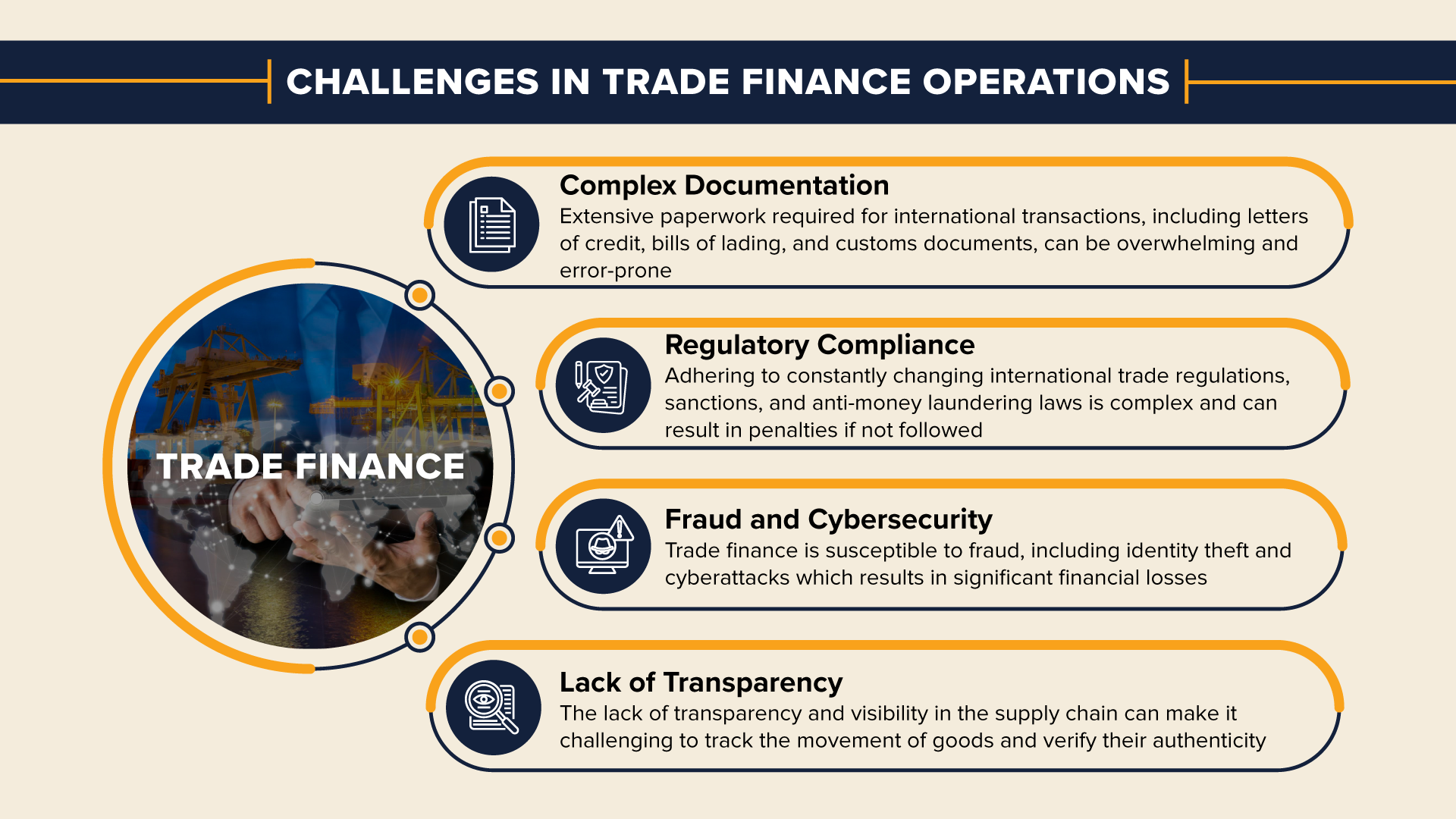
RPA in finance is an invaluable tool in overcoming traditional challenges. It automates entire tasks, reducing processing time and maintaining compliance by staying up-to-date with regulations. This not only accelerates the processes but also minimises operational risks.
Key Elements of Trade Finance Operations Powered by RPA
In a rapidly evolving global economy, efficient trade finance operations are indispensable for seamless international transactions. RPA in trade finance streamlines operations by employing bots to handle various tasks, it optimises processes and accelerates the entire trade cycle. Automating the key components of trade finance operations include,
Documentation:
Trade documents, such as letters of credit, bills of lading, and invoices, are essential for verifying and tracking international transactions. RPA can automate the generation, validation, and storage of these documents, reducing the risk of errors and delays.
Compliance:
Compliance with international trade regulations and sanctions is critical. RPA can be programmed to continuously monitor regulatory changes, screen counterparties, and ensure that transactions comply with all relevant laws.
Data Entry and Validation:
Manual data entry is a common source of errors in trade finance. RPA bots can extract data from various sources, validate it, and populate the required fields in trade documents and systems.
Communication:
Trade finance often involves communication with multiple stakeholders, including banks, shipping companies, and customs authorities. RPA can streamline communication by sending automated notifications for approvals and alerts to relevant parties.
Transaction Processing:
RPA can handle routine transaction processing tasks, such as fund transfers and payment reconciliations, accurately and swiftly, reducing the risk of payment delays and disputes.
Who Benefits from the Automation of Trade Finance Processes?
RPA technology in trade finance benefits a wide range of stakeholders involved,
Financial Institutions:
Banks and financial institutions engaged in trade finance can streamline their operations, reduce manual work, and enhance compliance with RPA. This can lead to faster transaction processing, reduced risks, and improved customer service.
Importers and Exporters:
Companies engaged in international trade can benefit from RPA by automating the documentation process, ensuring compliance with regulations, and expediting payments and shipments.
Customs Authorities:
Automating trade finance operations can help customs authorities efficiently process and clear goods at borders, reducing delays and improving the flow of goods across international borders.
Logistics and Shipping Companies:
Businesses in the logistics and shipping industry can use RPA to automate documentation, track shipments, and ensure smooth transportation of goods.
Insurance Providers:
Companies offering trade insurance can use RPA to assess risk factors, process claims, and handle policy administration efficiently.
Auditors and Compliance Officers:
Auditors and compliance officers can leverage RPA to ensure that trade finance operations meet regulatory requirements and maintain detailed audit trails.
Government Agencies:
Government agencies responsible for trade policy and promotion can use RPA to facilitate trade and reduce administrative burdens for businesses.
Supply Chain Managers:
Supply chain managers can use RPA to enhance visibility and control over the movement of goods and the associated financial transactions.
Robotic process automation in trade finance has the potential to improve efficiency, reduce costs, enhance compliance, and ultimately foster smoother and more secure international trade transactions.
Trade finance is a cornerstone of global commerce, but the complexities and challenges in the functions demand advanced solutions. With Bautomate RPA solution, trade finance operations can be revolutionised by automating tasks such as documentation, compliance checks, and data entry. Embracing Bautomate RPA technology is not just a competitive advantage but a journey towards streamlined, secure, and successful international trade. Talk to our automation experts.




